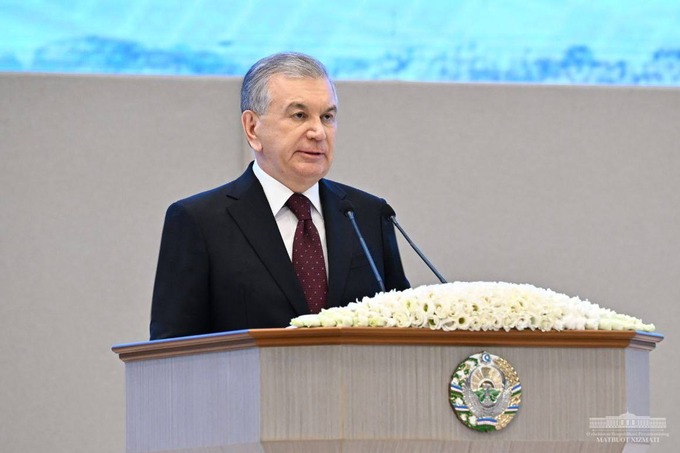With over 34 million citizens – the largest population in Central Asia, rich reserves of natural resources, and relatively well-developed infrastructure, Uzbekistan has the potential to become one of the strongest economies in the post-Soviet area.
Uzbekistan has demonstrated stable economic development in recent years, reporting 5.6% GDP growth in 2019, the U.S. Department of State said in report. The country’s leadership continues to implement large-scale economic reform policies targeted at boosting growth through modernization of state-owned monopolies and creating a supportive climate for private and foreign direct investment. During the reporting period, policy priorities were focused on improving Uzbekistan’s investment attractiveness including through adoption of a new currency regulation law to guarantee freedom of current cross-border and capital movement transactions; a new law on investment activities to guarantee foreign investors’ rights; and, a new tax code featuring lower and more equitable tax rates and simplified reporting requirements.
The policy of liberalization reforms, initiated by the government in 2016, is paying off: the total volume of foreign direct investment (FDI) attracted to Uzbekistan has grown from about $1.6 billion in 2018 to $4.2 billion in 2019. Uzbekistan was named as one of the top 20 “global improvers” in the World Bank’s 2020 Doing Business report, and the 2019 Country of the Year award winner by The Economist magazine. Over 10,600 companies with foreign capital were operating in Uzbekistan as of February 1, 2020; approximately 3,000 of them were created in 2019. FDIs and private investments are critical for sustaining Uzbekistan’s economic development; however, the government continues to channel investments into export-oriented and import substituting industries. According to Uzbekistan’s official statistics, the total volume of capital investments exceeded $21.5 billion in 2019. Financing sources included $4.2 billion FDIs and $5.6 billion as foreign loans. Major industries include mining, oil, and gas extractives, electricity generation, construction, agriculture, textiles, transportation, metallurgy, non-metal/non-mineral production, and chemical production.
In November 2019, President Mirziyoyev created the Council of Foreign Investors, a body where executives and representatives of foreign companies, banks, investment companies, international financial institutions and foreign government financial organizations will be given the opportunity to advise the GOU on measures it could take to improve the investment climate. In February 2019, Uzbekistan for the first time placed five- and ten-year Eurobonds worth $1 billion in the London Stock Exchange. This success opened the country to foreign fixed income investors and set a benchmark for future foreign bond issuances by Uzbekistan-based companies.
At the same time, the government’s poor progress in reducing the domination of state-owned monopolies in the economy, continued non-transparent public procurement practices, and cases of government agencies’ and state-owned enterprises’ inconsistent compliance with contract commitments have negatively impacted Uzbekistan’s investment climate. Furthermore, private businesses have expressed concerns about local government development policies failing to adhere to recently adopted legislation on the protection of private property. Small businesses have reported expropriation of their property in favor of well-connected companies or development projects supported by regional or municipal authorities. Enforcement of legislation on protection of intellectual property rights also remains insufficient.













